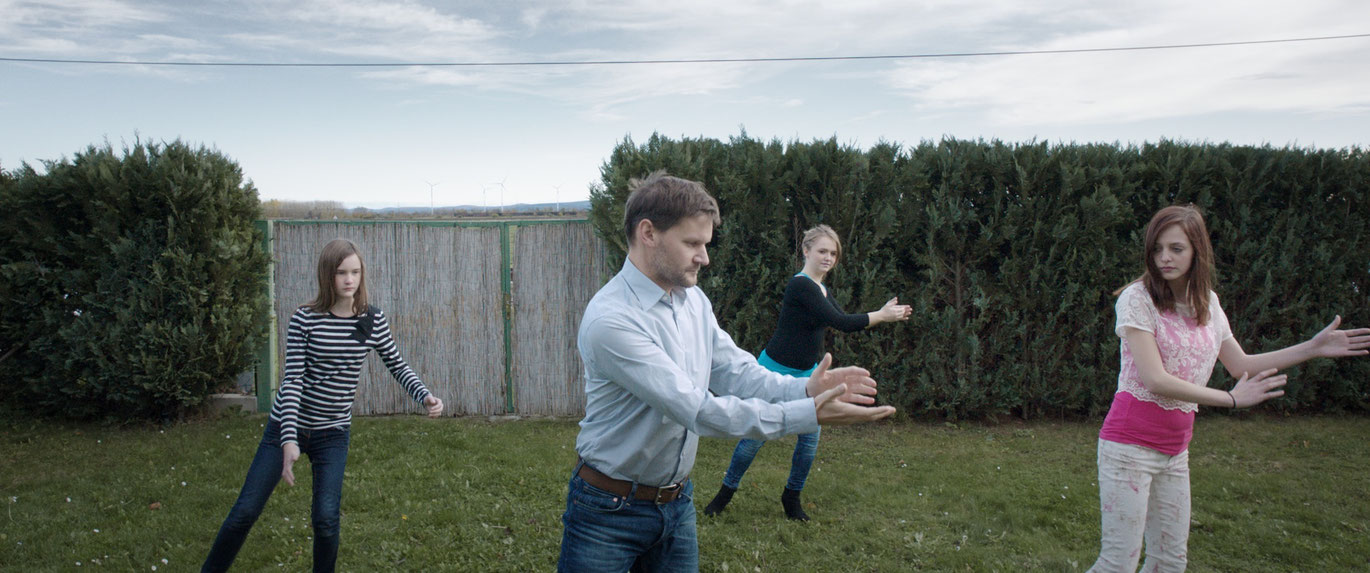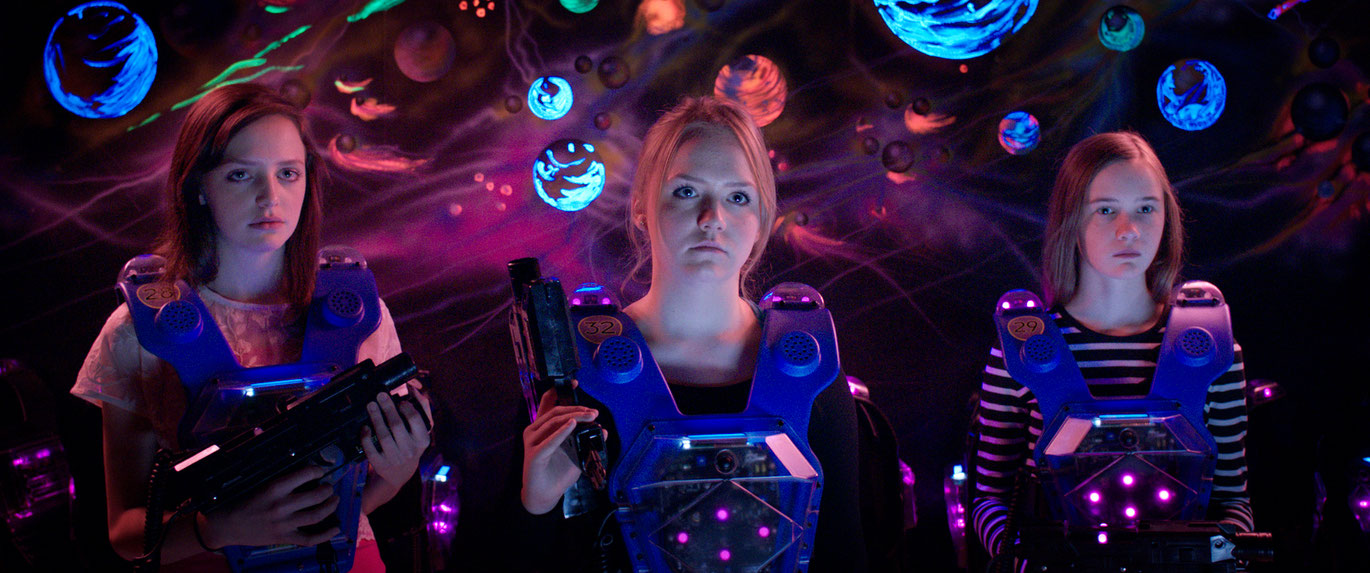Musik
The teenage daughter is ruthlessly direct in saying what she thinks of her father: he is a "victim" (and that´s an insult), because he still lives in his own debt-riddled home, which the rest of the family has long moved out from. And he is embarrassing because he never says anything (or does anything) that she could use to impress her friends.
In truth, the hero whom Stefan Bohun has devised is a particularly enthralling character who does not develop in any way rapidly, has unforeseen depths, and is good for surprises. The director repeatedly cashes in on this in inventive, tonality-altering lead-ins.
First of all, Musik shows the protagonist (embodied in an aptly stubbornly-engrossed way by David Oberkogler) at work—impassively inspecting substandard apartments. It becomes apparent only later that the tenacious civil servant actually dreams of another life. He would like to do "something with music" he says and in doing so, seems just ludicrous enough to still evoke sympathy. The hero´s image of himself and the environment in which the film roots him, just can´t seem to fit together so well.
And yet, in Bohun´s laconic, mildly sarcastic gaze at the distressed life of the divorced man there is a moment of faint exuberance—a type of hidden back door. Just as rigid as the circumstances may seem in which the pitiable man finds himself—Musik still never seems miserabilist. The possibilities are located in the imaginary realm: in the refusal to give in to the gaze of others, in a sudden, unexpected shift. Bohun indicates all of that repeatedly in insistent images that momentarily lift the force of gravity. The film impressively demonstrates the fact that changes in perspective determine the quality of a moment.
(Dominik Kamalzadeh)
Translation: Lisa Rosenblatt
Musik
2014
Austria
38 min


